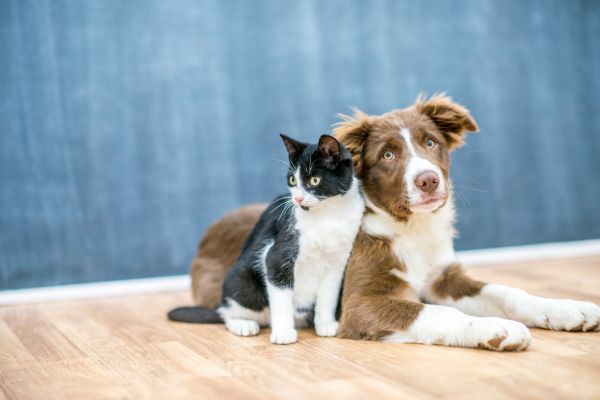As cats enter their senior years, their nutritional needs evolve significantly. Providing the right diet is essential for maintaining their health, vitality, and quality of life. In this complete guide to senior cat food recommendations, we will explore the critical factors every pet owner should consider when choosing the ideal food for their aging feline companions.
Understanding the Nutritional Needs of Senior Cats
Cats are considered seniors once they reach around seven to ten years of age. At this stage, their metabolism slows, and they become more prone to age-related health issues such as kidney disease, arthritis, and dental problems. Understanding their changing nutritional requirements is the first step toward ensuring they stay healthy and comfortable.
Senior cats often need a diet that supports joint health, maintains lean muscle mass, and protects their organs. High-quality protein becomes even more crucial to prevent muscle loss, while controlled levels of phosphorus and sodium help reduce strain on aging kidneys. Additionally, antioxidants and omega fatty acids can support immune function and promote a healthy coat.
Key Ingredients to Look for in Senior Cat Food
When evaluating senior cat food recommendations, focus on formulations that include high-quality animal-based proteins. Chicken, turkey, and fish are excellent sources of easily digestible protein. Equally important are healthy fats like omega-3 and omega-6 fatty acids, which aid in reducing inflammation and keeping your cat’s coat shiny.
Fiber is another component to consider, as it promotes healthy digestion and can help prevent constipation, which is common in older cats. Look for foods enriched with prebiotics and probiotics to support gut health. Vitamins E and C, along with taurine, play a crucial role in strengthening the immune system and supporting heart health.
Wet Food vs. Dry Food: Which is Better for Senior Cats?
One common question pet owners have is whether to choose wet or dry food for their senior cats. Both options have their advantages, but many experts recommend wet food for older felines. Wet food provides increased moisture, which is beneficial for cats with kidney issues or those prone to dehydration. Its softer texture also makes it easier for cats with dental problems to chew and digest.
However, high-quality dry food can still be a part of a senior cat’s diet, especially if it contains added nutrients tailored for aging cats. Some owners opt for a combination of wet and dry food to provide variety and meet their pet’s individual preferences.
Special Considerations for Cats with Health Conditions
Senior cats often develop chronic health conditions that require specific dietary adjustments. For example, cats with chronic kidney disease benefit from low-phosphorus, low-sodium diets to reduce kidney workload. Cats with diabetes may need high-protein, low-carbohydrate foods to help regulate blood sugar levels. If your cat is overweight, calorie-controlled senior formulas can help them achieve and maintain a healthy weight.
Always consult your veterinarian before making any dietary changes, especially if your cat has an existing medical condition. They can recommend the best senior cat food that meets your pet’s unique health needs.
Transitioning Your Cat to Senior Food
Switching to senior cat food should be a gradual process to prevent digestive upset. Start by mixing a small amount of the new food with their current diet and slowly increase the proportion over seven to ten days. This method helps your cat adjust to the new flavors and textures without discomfort.
Keep an eye on your cat’s response during the transition period. If you notice any signs of gastrointestinal distress, such as vomiting or diarrhea, consult your veterinarian to rule out potential sensitivities or allergies.
The Importance of Regular Veterinary Checkups
In addition to following senior cat food recommendations, regular veterinary checkups are vital for monitoring your cat’s health. Routine blood work and physical exams help detect age-related diseases early, allowing for timely dietary and medical interventions. Your veterinarian can also provide tailored advice on supplements or specific dietary formulations to support your cat’s well-being.
Final Thoughts on Senior Cat Food Recommendations
Caring for a senior cat requires attention, patience, and a commitment to providing the best possible nutrition. By choosing high-quality senior cat food tailored to their changing needs, you can help your feline friend enjoy their golden years with energy and comfort. Remember, every cat is unique, and what works for one may not suit another. Work closely with your veterinarian to develop a feeding plan that supports your senior cat’s individual health and lifestyle.
Providing the right nutrition is one of the most impactful ways to show love and care for your aging companion. With thoughtful senior cat food recommendations and regular veterinary guidance, you can ensure your cat continues to thrive for years to come.

